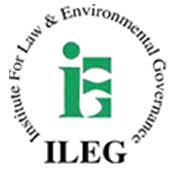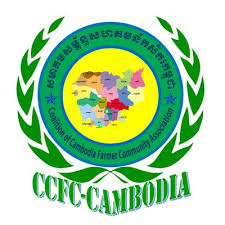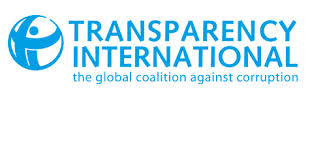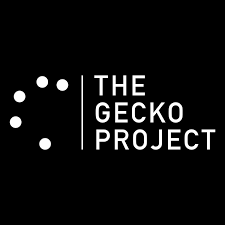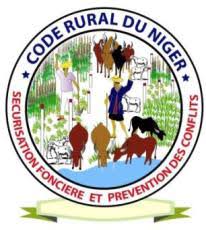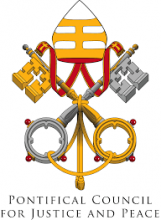Institute for Law and Environmental Governance
ILEG is an independent, non-profit public interest law and policy organization focused on promoting sustainable development. We work with local communities, governments, the private sector and civil society organizations (CSOs) to ensure fair, balanced and equitable development policy choices to improve peoples’ lives and protect the environment. Our work seeks to transform the way governments make decisions that affect the environment and natural resources on which livelihoods depend.

